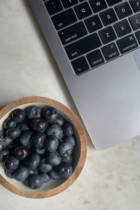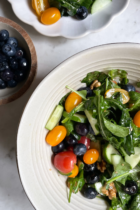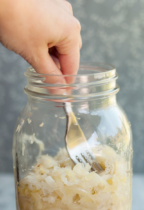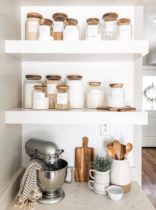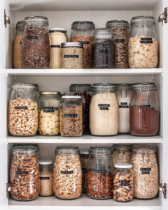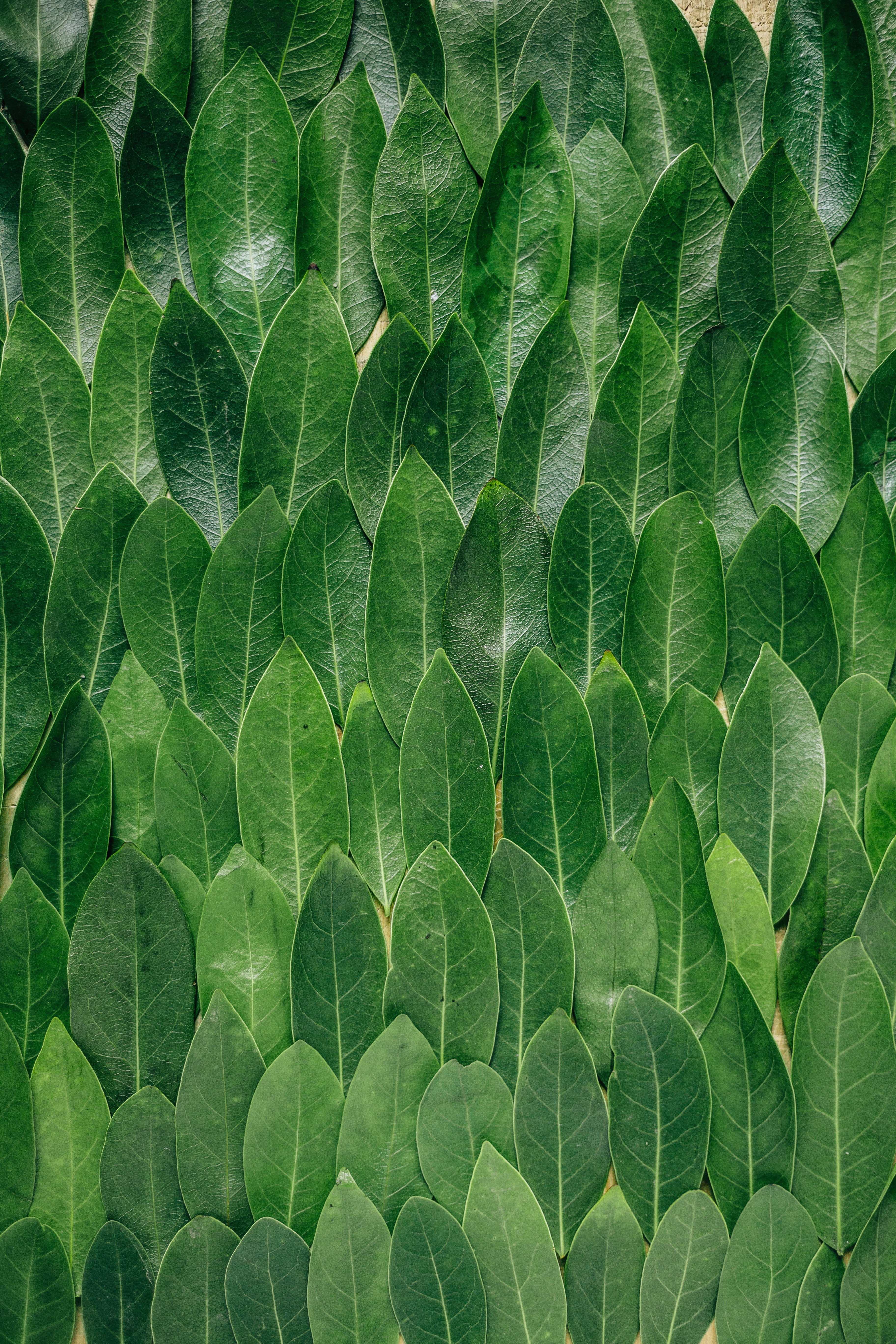
There’s nothing worse than loading up on the season’s freshest produce from the weekly farmer’s market (or a well-stocked supermarket) only to forget about your haul until days later; when you find limp, soggy produce stashed at the back of your refrigerator. If, like me, you’re not always on top of knowing what’s in your fridge at any given point of time, this guide is for you.
Knowing what to buy (especially if you’re not cooking everyday), and how to store produce properly makes all the difference when it comes to utilising your produce in the best way possible. It also makes for less food waste, is more cost-effective, and over time will inspire you to cook meals based on what you have on hand. Here are some of the best tips for buying and storing produce in a way that will keep them fresher for longer.
1. Choose your produce with care
If you don’t take your time choosing your produce, it doesn’t matter how well you store it. Produce that is already rotten will immediately start to spoil other produce as well – so make sure you don’t pick greens that are already wilted or fruits that are too soft. If you notice something spoiling – remove those bits and compost.
2. Store greens in the fridge’s crisper drawers
Leafy greens are nutrient dense, and are an excellent way to add fibre to a dish – fresh and crisp greens can be used as a salad base or to add crunch to a sandwich, and the older greens are great for sautéing as a side dish. But, greens are also notoriously fragile in that they wilt rather quickly. Choose studier leaves like kale if you want to make them last longer, and make sure you remove the rubber band that holds bunches of greens together. Remove pre-packaged salad leaves from their packaging. Store greens in plastic produce bags (or even better – get reusable cloth bags) in the crisper drawers to make them last longer.
3. Keep fruits and vegetables separately
Some fruits like apples and bananas emit high amounts of the gas ethylene, which ripens other fruits and vegetables quickly, shortening the shelf-life of all your produce. The best way to avoid this is to keep fruits and vegetables separately, and especially keep quick-ripening fruit like avocados, bananas, cantaloupes, kiwis, mangoes, nectarines separate from other produce. If you’re buying fruit in bulk, avoid buying summer fruits or berries that rot quickly and opt instead for apples and oranges that last longer. Also, make sure you choose fruits with fewer blemishes and soft brown spots (unless you plan on consuming them soon), so as to not spoil the other fruits.
4. Speaking of vegetables
If you’re buying in bulk (for a week or two), sturdy root vegetables like carrots, beets, turnips are your best bet. Remember to remove the carrot tops and beet greens, to prevent them from sucking moisture out of the root vegetable. Potatoes, sweet potatoes, and gourds like pumpkin and squash don’t require refrigeration and keep well in a cool dark place. Keep vegetables like zucchini and cucumber in produce bags, and celery wrapped in aluminium foil. Don’t wash anything beforehand, except asparagus which is best stored upright, with the end submerged in water. Mushrooms are best stored in dry brown paper bags that will prevent them from getting soggy or wet.
5. Don’t just stash everything in the refrigerator
Store unripe fruits on the counter and as they get ripe move them to the refrigerator. Potatoes, onions, and tomatoes keep well in a cool dark place, outside the fridge. Though citrus fruits like oranges, tangerines, lemons and limes can be kept outside as well, they’ll stay fresher for longer if you put them in a meshed produce bag in the refrigerator.
6. Treat herbs with special care
Every time that I’ve bought herbs in a bunch and used a only a little, I’m always scrambling for ways to use them up because I know they will spoil really quickly. Sometimes I manage but more often I end up with wilted leaves that are of no use. Since herbs are really delicate, they require special care when storing. As with greens, remove the rubber bands or other plastic packaging incasing herbs. Roll them in a slightly damp paper towel and store them in plastic or cloth produce bags in the fridge. Don’t wash them until just before you need to use them. Herbs like rosemary and thyme are studier and last longer; and some herbs like basil will keep for days when stored upright like a bouquet in a mason jar, with a paper towel or plastic bag wrapped around it.
7. And for non-produce items…
I like to store nuts and seeds in the refrigerator to keep them fresh for longer. Same goes for pre-packaged spice blends and sauces/condiments that I use for cooking. Bread is great at room temperature because the cold makes it stale faster, but if you stay in an area where it’s really hot, the fridge might be a better option. And as for cheese, the best way to store it is to wrap it really well in plastic wrap (so that no air can get through), and keep it in glass containers, or in the enclosed shelves in the door of the refrigerator.
These hacks are easy enough to follow every time you make a grocery run, and once you get used to it, you’ll realise how organised it makes your refrigerator. You’ll (almost) always know what’s kept where, in your fridge or on the counter, and hopefully be able to use it up before it goes bad! It’s the best way to get fresher food with the best seasonal ingredients on hand.
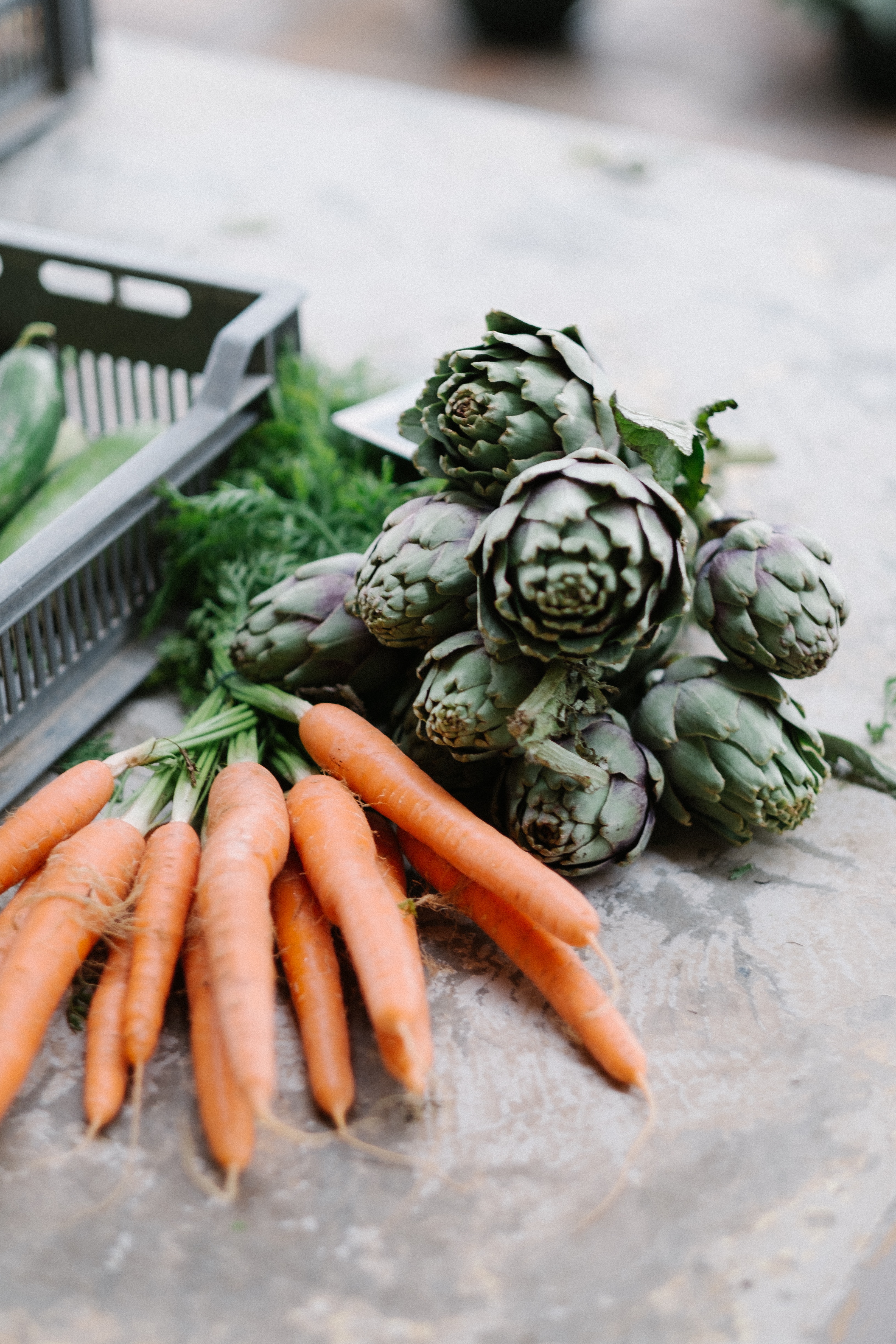
What are your best tips to store produce to keep it fresher for longer?
Let us know: leave a comment, or tag @sprigandvine.in on your photos on Facebook and Instagram with the hashtag #goodfoodpractices

